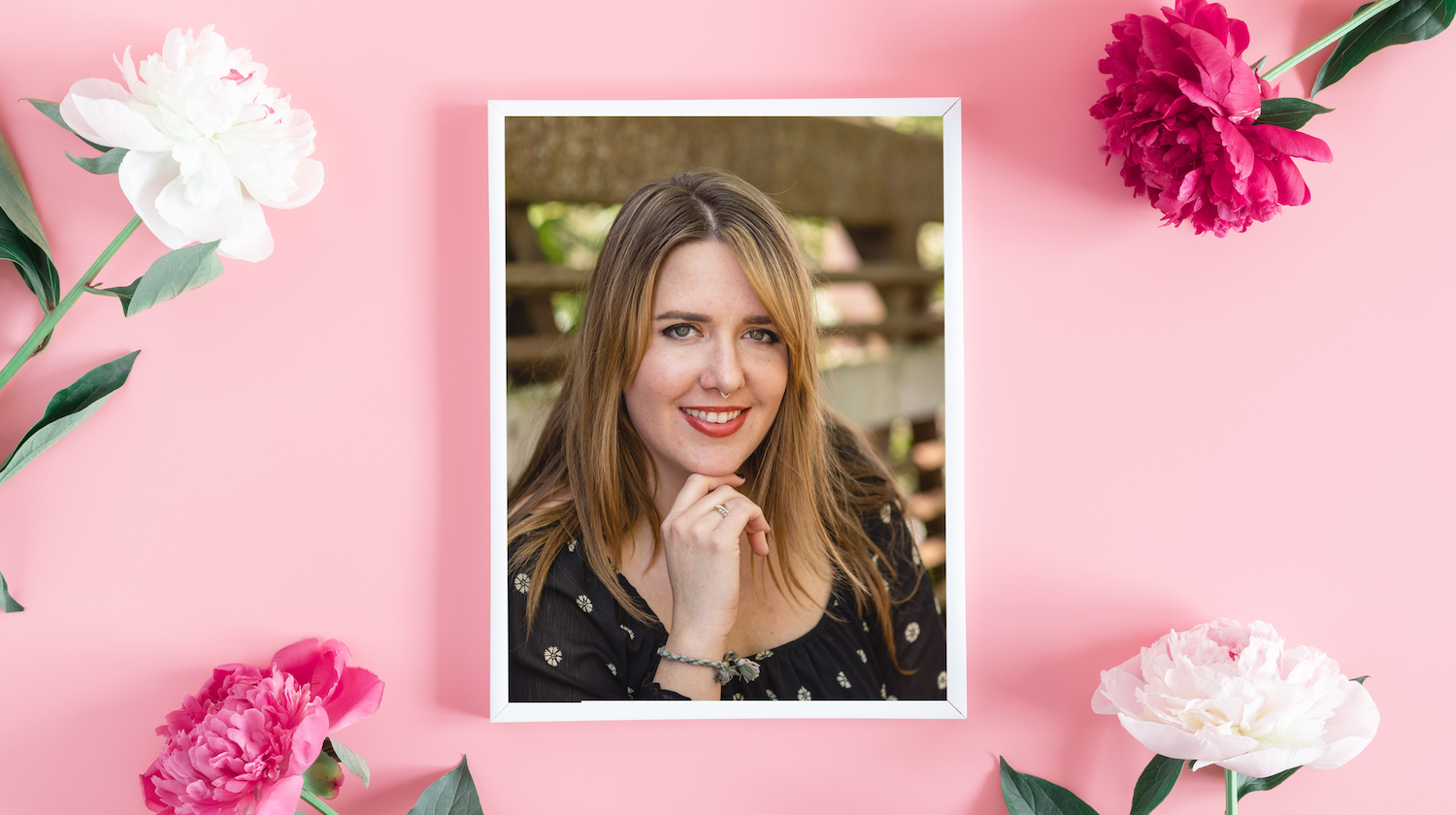
5 Questions With Head of Sales Brooke Carpenter
Posted: May 20th, 2022
A Passion To Drive Innovation and Build an Equitable Industry
“One of the things that’s held me in cannabis so long is the desire to help build this industry to be different and more equitable.”
At what point did you know you wanted to work in the cannabis industry?
I started my career in political campaign organizing and that’s what brought me out to San Francisco. It was pretty short lived because I felt like I really wanted to leave a positive impact on the world but found political campaigning to be a tougher road in that respect, so I started working at a cannabis dispensary shortly after one of the campaigns that I was on ended. I had enjoyed cannabis in college and found it really helped with mental health issues that I was facing, but it wasn’t until election night in 2012 when Colorado and Washington both legalized cannabis for adult recreational use that I realized it was finally going to become legal and I became more interested in working in the industry and trying to see what would happen next. Honestly, when I started working at the dispensary it was a temporary thing, or so I thought, but nearly ten years later I’m still in it. There have been many points at which I said to myself that it was time to move on, but I’m still here. Working in cannabis is not the “green rush” everyone made it out to be. It’s a labor of love and it’s hard work, but at this point I’m in it for the long-haul and for the plant.
“The innovation side of the industry is really interesting right now and I love seeing new modes of consumption and aspects of the plant coming to light.”
What brings you the most joy when it comes to working with cannabis?
The innovation side of the industry is really interesting right now and I love seeing new modes of consumption and aspects of the plant coming to light. My passion is really in uncovering the therapeutic potential for minor cannabinoids such as CBN, THCV, CBG, and Delta-8. It’s been fun to see them recently really find their place in the market and in different products. There are over 100 cannabinoids that we know of, but we really only talk about six in any material way in our testing and in the way that we label products, and most of the time only talk about THC and CBD. What excites me is not just what we’re doing today, but where the potential still lies in discoveries within cannabis and how we can help people with what we have yet to learn. The innovation brings me joy, and also the reward; to look back at the past ten years and see how far things have come. We still have a very long way to go in terms of getting things legalized, and righting the wrongs of the drug war globally, but we can’t discount the progress that’s been made in the last ten years, and really since 1996 when the medical use law passed in California for the first time.
“More companies need to learn that in order to succeed in cannabis, you need great people on your team and the best way to keep them on your team is by enthusiastically supporting their growth in their personal life. I feel so lucky to be so supported here as a whole person, and not just as a replaceable input in an equation for profit.”
Is there a woman, or women, in your life that you’ve turned to for inspiration as you chart your career path within the cannabis industry?
There are a countless number of women who I’ve worked with that I have emulated, and that set really positive examples for me. At this moment for me, it’s really inspiring to see how Karli and Erin manage motherhood and work. It’s inspiring to see people working hard, building an amazing company, and yet both of them have something in their life that’s an even higher priority. I think it’s just a good reminder for everybody that works with them that you can work hard and achieve great things, yet still have a happy, well rounded, and balanced life. It’s not easy; I know that they have hard days, but it sets a really positive example for me and for everybody on the team and in the company. More companies need to learn that in order to succeed in cannabis, you need great people on your team and the best way to keep them on your team is by enthusiastically supporting their growth in their personal life. I feel so lucky to be so supported here as a whole person, and not just as a replaceable input in an equation for profit.
“While the national average of women in executive positions is close to thirty percent, in cannabis that number is currently sitting around twenty-two percent and DECLINING year over year.”
What’s the hardest thing about working in the cannabis industry or something you find difficult to deal with on a daily basis?
A former colleague of mine and I used to joke that we’re all working for startup companies in a startup industry, being regulated by a start-up governmental body. It can feel like a startup within a startup within a startup since everybody’s just figuring out how things work, and the regulation whiplash is very real. I can be an impatient person so it’s sometimes difficult to see so clearly what needs to be changed in order to make cannabis successful, but then watch year after year as these changes aren’t prioritized. I feel a sense of urgency that is rarely matched by our policy-makers. Likewise, on the consumer product side I’ve had countless conversations in the industry about when people are going to start caring more about terpenes and start caring less about potency. That’s the conversation that I’ve now been having for about five years and we’re still not there. Potency is still driving purchasing decisions on both the buyer and consumer side in a major major way. I hope consumers can get to the point where they purchase by terpene and minor cannabinoid profile, but it’s a really complex topic that will require a heavy investment in education on the part of both brands and retailers to unlock.
Another thing that I find ridiculously frustrating is that while the national average of women in executive positions is close to thirty percent, in cannabis that number is currently sitting around twenty-two percent and DECLINING year over year. It’s frustrating as a woman leader in the space to see those numbers going in the wrong direction and to see representation and diversity declining. One of the things that’s held me in cannabis so long is the desire to help build this industry to be different and more equitable. Seeing those numbers sliding backwards can be really disheartening and we have to do better, and we have to hold each other accountable
“For Garden Society a lot of our values are in building community and uplifting others with the success that we achieve… It’s incumbent upon all of us to speak up and hold people accountable, especially if we have the privilege of being in a leadership position.”
As a female leader in cannabis, what advice do you have for women that are looking to make an impact within the industry?
If you want to make an impact or be successful in the cannabis industry, your reputation and your relationships are critical to your success. Maintaining relationships with people, knowing that your word is your bond, and helping to support other women when you can; I think those are all really critical to long term success. Your reputation is a currency here, so it’s important to do what you say you’re going to do. While that all may sound simple in theory, I still see a lot of people missing that point. I also believe that having a mission and a perspective you can come back to, and remind the leadership of, is important. For Garden Society a lot of our values are in building community and uplifting others with the success that we achieve, and I think we do a good job of that, although there’s always room for improvement. It’s incumbent upon all of us to speak up and hold people accountable, especially if we have the privilege of being in a leadership position. A mentor of mine once told me, if you’re given a seat at the table, you have to use your voice to fight for what you believe in, even if it’s unpopular, or you have no business being at the table at all. Ultimately if you want to make an impact in cannabis, you have to feel deeply at the end of the day that you will never regret fighting for your values, no matter the consequences.






